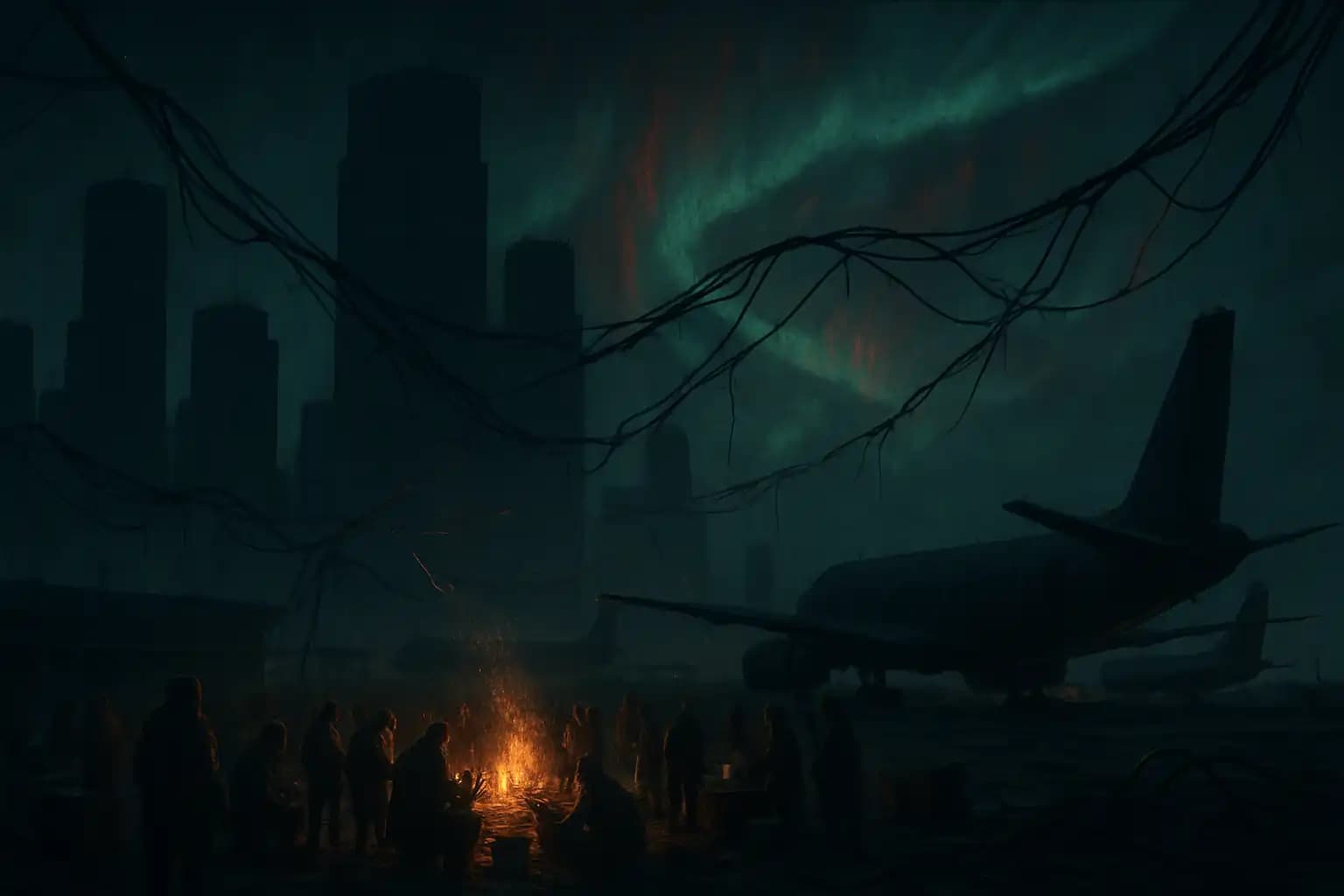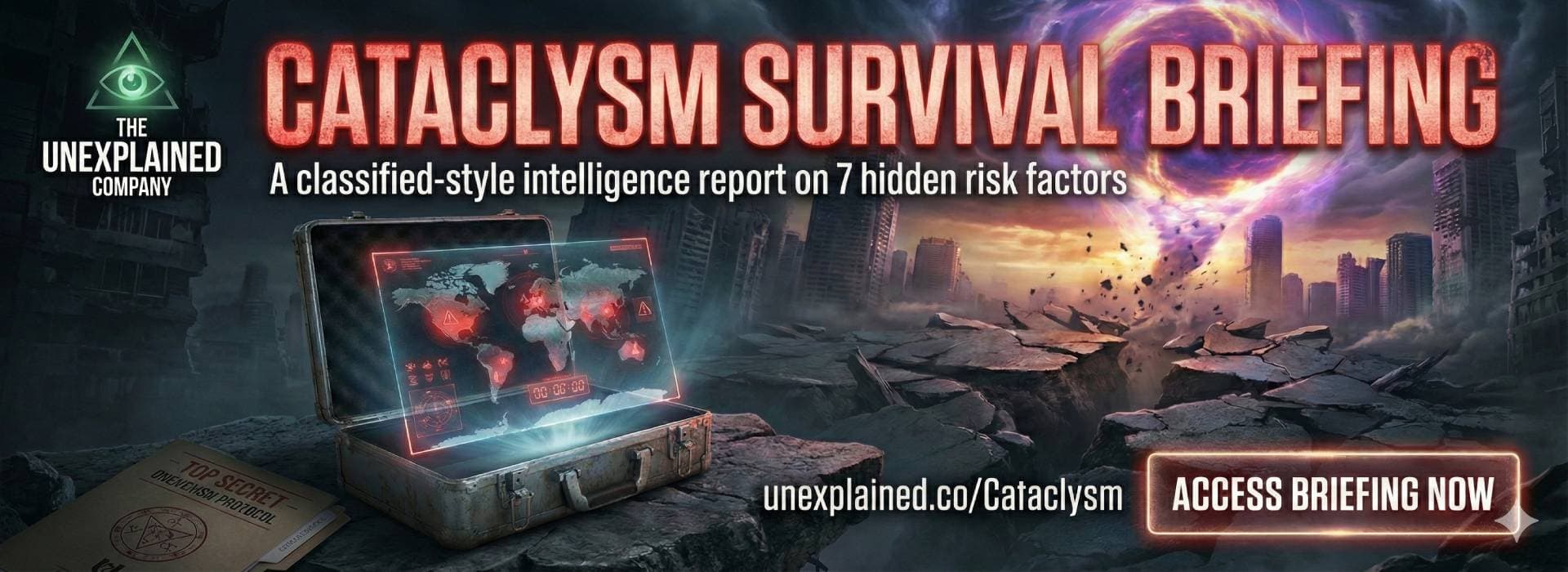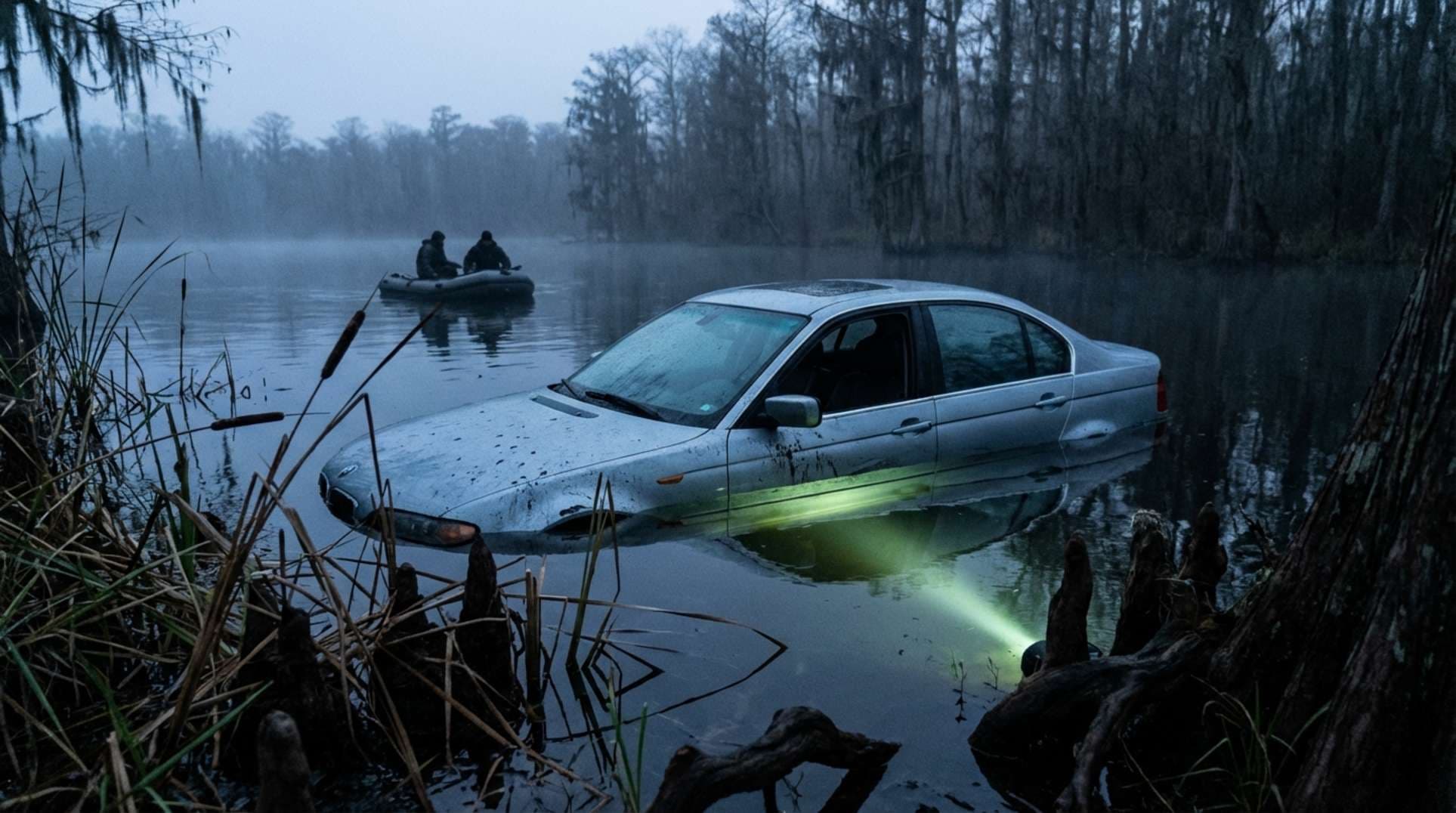Picture a world plunged into darkness: no humming refrigerators, no glowing screens, no frantic airports—just the eerie quiet of a civilization brought low by an unseen force. Our modern tech, as comforting as it is, hangs by a thin thread. The scenarios in the latest survivalist package—total blackouts, global flight bans, and internet extinction—are not mere fiction or entertainment. They are warnings, rooted in real research and the unsettling history of technological failure.
Massive power failures aren’t just blockbusters; they recur throughout human history. For a stark example, examine the recent rolling blackouts in Europe or the extensive catalog of global outages on Wikipedia. When society loses electricity, chaos ensues: commerce halts, food spoils, water stops flowing, and emergency services collapse. If you’re fortunate, power returns in hours or days; if not, we face societal collapse—real nightmare fuel. This is not speculation. Blackouts in Venezuela and Texas show that losing basic utilities leads to civil unrest, mass migration, and urban exodus—topics covered extensively in reports on energy chaos and outage threats.
Technology’s Jenga Tower: If the Internet Disappeared Tomorrow
Now shift from the physical to the digital—what if the internet vanished overnight? The loss would cut governments, banks, and everyday people from their essential services. Imagine the scramble: no digital banking, no health records, collapsed supply chains, and the end of mass communication. The confusion and panic described in recent Guardian summaries could overshadow even the wildest 24-hour news cycle. Cybersecurity researchers predict a future where AI threats or state-sponsored sabotage are not anomalies—they’re the norm.
The loss of connectivity would make recent airport IT failures or AI drone swarm disruptions seem trivial. Society would revert to analog solutions—if anyone still remembers how. Experts warn that a sudden digital infrastructure collapse could spark violence and desperate “digital refugees” using radios and smoke signals. Yes, it’s as chilling as the chain reactions from old-world fires, a theme explored in historical resets.
When the Sun Attacks: A Carrington Event for the 21st Century
Not all dangers originate from our planet. In 1859, the Carrington Event unleashed a solar storm that lit up the skies and ignited telegraph offices. If a similar geomagnetic event struck today, the fallout would be disastrous—crippling satellites, GPS, communications, and much of the electrical grid, according to analyses in the Wikipedia entry. Billing and operational chaos would ensue as transportation, military systems, and medical records go dark. Predictions from NOAA suggest recovery could take years, not weeks.
Our modern reliance on interconnected technology makes us prime targets for disruption. As outlined in reports on solar wind and coronal storms, astronomers and disaster planners consider a Carrington-scale event a matter of “when,” not “if.” The threat looms not just over our systems but over our very sense of safety in a world we often take for granted.
Grounded: The Domino Effect of Losing Air Travel
A sudden stop to commercial aviation would disrupt business, supply chains, tourism, and medical logistics. During a pandemic or volcanic eruption, we witnessed how rapidly food availability, pharmaceuticals, and emergency supplies depend on air freight. The resulting effects would devastate economies, strand families, and complicate global cooperation. Without flights, urban centers could become isolated, with inhabitants forced to survive on their own or risk perilous ground journeys.
As detailed in crisis exposés on systemic fragility and analyses of dystopian risk scenarios, losing air travel would push society toward isolation and hardship not seen since before the Wright brothers invented flight.
The Survival Lesson: Not If, But When—and How You’ll Respond
Modern civilization often trades resilience for convenience. Each advancement—from railroads to fiber optics—brings a greater risk if things go wrong. The “hypothetical” scenarios in outage planning are not just possible; they are inevitable, potentially escalating into global crises within our lifetimes. Your best strategy? Stay prepared, remain informed, and never assume your smartphone will outperform the clouds above.
For more information on these transformative events and how to prepare, visit Unexplained.co—where the most chilling tales come straight from reality’s playbook.





